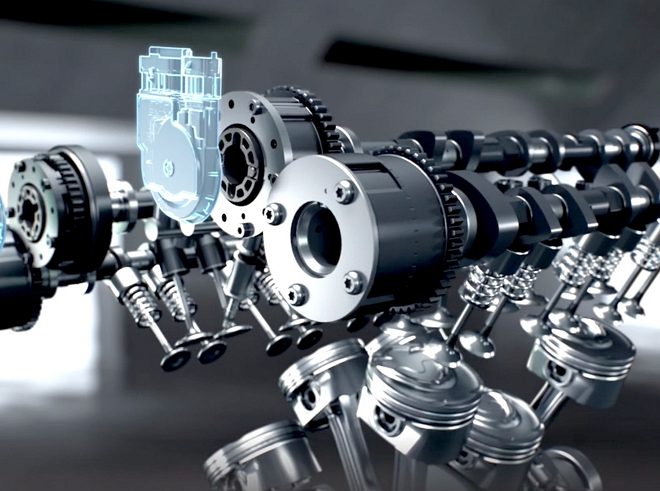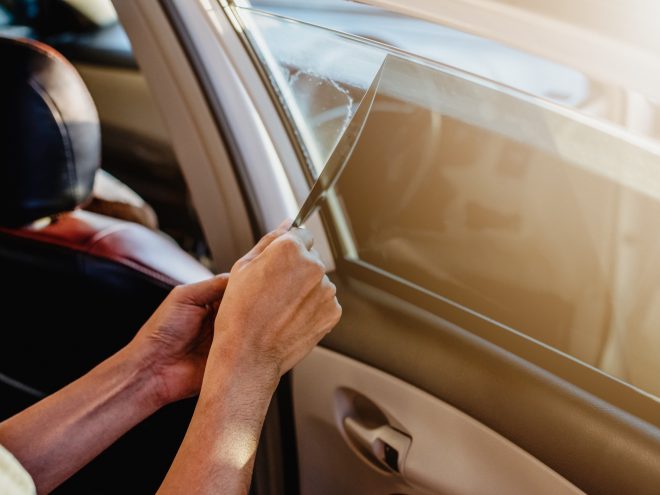
How to Reduce Unexpected Breakdowns on Your Road Trip
One of the best things you can look forward to during summer vacation: going on a road trip with friends. One of the worst things that can happen during such a trip: unexpected car breakdowns.
Indeed, there’s nothing that can ruin a long-awaited road trip than having your vehicle break down in the middle of nowhere, when you’re still miles away from your destination. Aside from the great inconvenience that a flat tire or a faulty battery can cause, there is also the unexpected expense you’ll incur when having your car repaired. (When these unexpected breakdowns happen, that’s when you’ll probably think about the benefits of extended warranty and wish you had signed up for one after your manufacturer’s warranty ran out.)
Driving for long distances in high temperatures and for an extended period of time can be especially strenuous on your vehicle. The hot asphalt will wear down your tires, and a faulty engine won’t last long under those harsh conditions.
If you’re thinking of gathering the family, packing the road, and hitting the road for that short summer getaway, you must make sure your vehicle is ready for the journey. The following are some helpful tips on how you can reduce unexpected car breakdowns in the middle of your road trip.
1. Have your tires checked.
Most of us don’t really notice the state of our tires until one of them explodes or goes flat. Considering they’re one of the most important parts of a vehicle, we mustn’t wait until that happens. First, check the worn status of your tires by checking for dark strips of rubber on them, which is an indication that a tire needs to be replaced. Consider storing a spare tire in your trunk and keep your jack and other necessary tools handy. Before going on the actual trip, check that your tires are inflated to the right level. (Check your vehicle’s manual for the right amount of tire pressure.)
2. Closely examine the electrical system.
Another thing you must do before leaving is to ensure that your car’s electrical parts are in working order. Check the windshield wipers, horn, and lights. The last is especially important in terms of road safety, so be sure to check the lights inside and outside of your vehicle. Aside from ensuring the safety of your car’s occupants and the other motorists, keeping your lights working properly will help you avoid being issued a ticket.
3. Check under the hood.
You’ll also want to take a look at your car’s parts under the hood, especially to check the level of every fluid there is—brake, oil, transmission, windshield washer, and power steering. Examine the belts and hoses for any signs of damage that need to be addressed right away. And while you’re at it, you might want to check your car battery’s installation date. If it was installed more than three years ago, it’s about time that you have it replaced. One thing you don’t want is for your vehicle to suddenly stall right when you’re in the middle of nowhere and you have little to no access for getting help.
4. Pack an emergency kit.
Having a first aid kit is handy whenever you’re going anywhere with your family. You should do the same thing for your car so as to eliminate its chances of experiencing a breakdown in the middle of your road trip. While you can have your car checked and prepared for the long journey ahead, anything can happen when you’re on the road; so it’s best to get a kit together that can at least help you get your car moving until you reach the nearest repair shop.
Some of the basic parts that your roadside emergency kit should have are jumper cables, a gallon of antifreeze, roadside flares, tire inflator, flashlight, duct tape, a tool box containing essential tools, bottled water, and paper towels. You’d also want to stock up on a gallon or two of gasoline, for those times when you run out of fuel and you’re far from any gas station.
5. Allow your vehicle to rest.
While it can be tempting to speed through deserted highways, it’s not advisable that you do this all the time as this can place great stress on your vehicle’s engine. It’s best that you vary your driving speeds, switching from fast to moderate speeds every so often. Make sure you stay within the speed limit, however, so as to avoid getting a ticket. Aside from varying its speed, you should also allow your car to rest by stopping every few hours or so. If your journey takes longer than a day or two, you should stop and rest somewhere for the night instead of taking turns driving.
6. Have your car checked by a professional.
No matter how closely you examine your car for any faults, nothing beats the eye of a professional. An expert can see flaws in your vehicle right away that you might have overlooked. Look into any repair shops in your area and have it serviced prior to your trip. This is another way of making sure that your car won’t experience any troubles while you’re on the road.
7. Invest in extended car warranty.
Even after doing all the above measures, it’s still a possibility that you might encounter some problems. Getting additional insurance for your car will ensure that you won’t have to spend much for repairs in the event that it does break down during your trip. Whether your manufacturer’s warranty has expired or not, having an additional warranty will help to ease the financial and mental stress of having to pay for any unexpected repairs.
Conclusion
Having your car break down suddenly can be the ultimate downer to what was supposed to be a fun and epic road trip. However, if you keep the above tips in mind when you plan your next adventure with your family, you can avoid such an unfortunate scenario.









